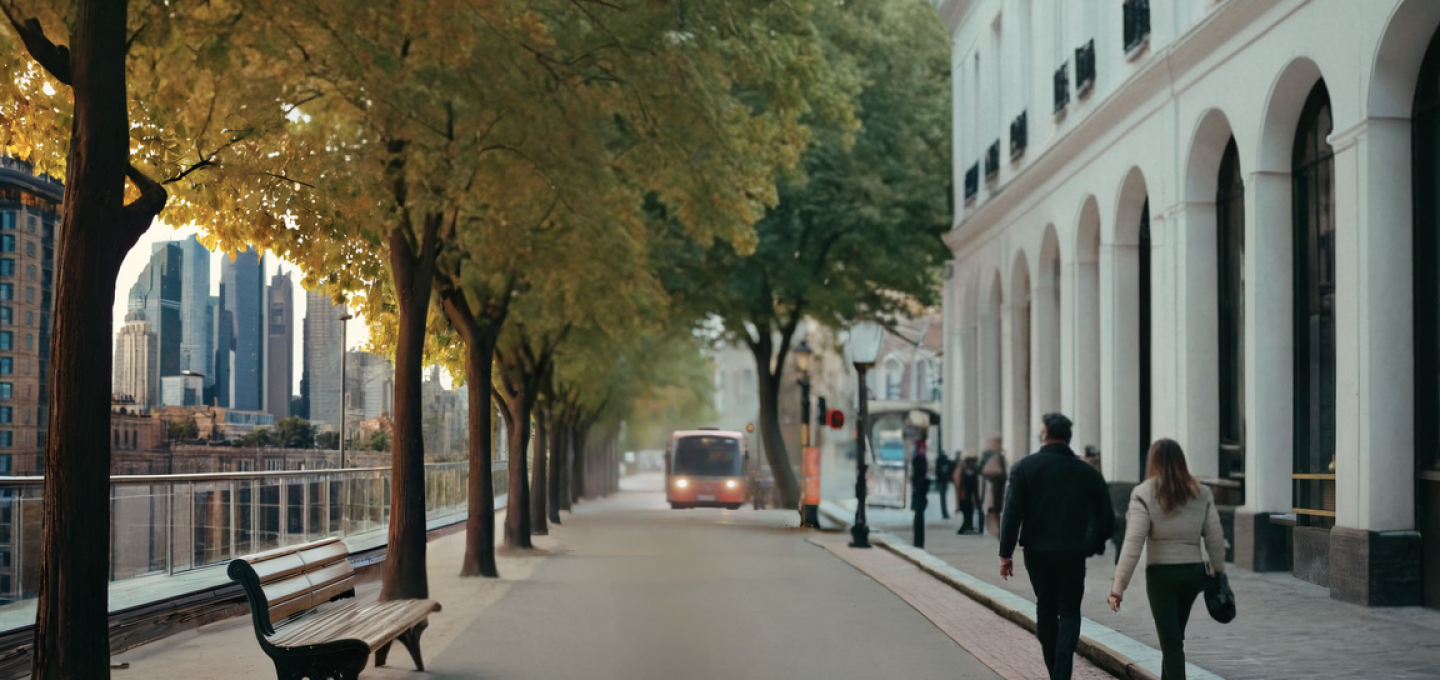In recent years, there has been a discernible shift in the discourse on industrial relations in Europe. Contentious collective bargaining in response to surging inflation, tighter labour markets leading to a stronger bargaining position for workers, renewed strike activity in many countries and organising drives in the low-wage service sector have been noticeable developments. These changes contrast with the preceding decades marked by the erosion of sectoral collective bargaining and associated institutions.
Science Enlightening Society
LISER is a research institute that specialises in the analysis of socio-economic change. Through interdisciplinary research, it supports the sustainable and inclusive development of societies at local, national and global levels.
Leading cutting-edge studies that drive our Research Excellence...
Leveraging research to identify solutions that benefit society through our Societal Impact...

Welcome to LISER
Discover the Luxembourg Institute of Socio-Economic Research (LISER), an internationally recognised research institute dedicated to tackling socio-economic challenges through innovative and impactful research. Explore our diverse projects and initiatives that promote sustainable and inclusive development. Engage with our findings, collaborate with us and join the movement for a brighter future.
Vision Focus
Advancing research excellence
At LISER, we lead innovative and cutting-edge studies that set the standard for research excellence in the socio-economic domain. By addressing critical challenges with rigorous methodologies and impactful insights, our research drives policy transformation, fosters societal progress and sets new benchmarks in the field.





LATEST NEWS
DISCOVERThe Urban Development and Mobility department (LISER) and the Cosmopolis Centre for Urban Research (VUB) have organised a one-day symposium titled "To pay or not to pay – The role of fares in public transport" on the 20th of March 2025 at the Black Box (Maison des Sciences). The symposium marks the end of the LiFT project, a bilateral project funded by the Luxembourg National Research Fund (FNR) and the Research Foundation Flanders (FWO). The LiFT project focused on the policy of abolishing fares in public transport, otherwise known as fare-free public transport (FFPT).







